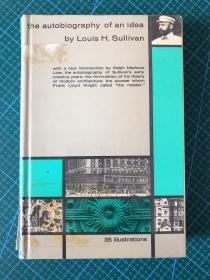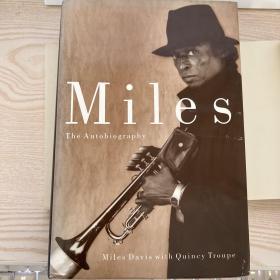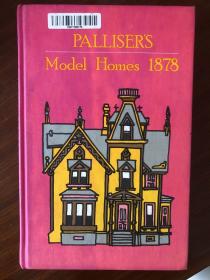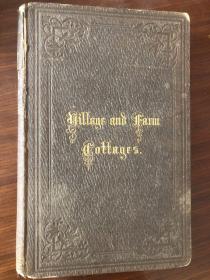
The autobiography of an idea(一个理念的自传);作者:Louis Sullivan
下拉页面见【详细描述】;NOO
¥ 885 九品
仅1件
作者Sullivan Louis
出版社不详
出版时间1956
装帧精装
上书时间2022-12-02

Rare ArchiBooks书
- 在售商品 暂无
- 平均发货时间 暂无
- 好评率 暂无
- 最新上架
商品详情
- 品相描述:九品
- 商品描述
-
Sullivan's autobiography relates to his idea of "democratic" architecture (i.e., an architecture based on a transcendentalist notion of utopia). Fol- lowing the notions of Jean-Jacques Rousseau that Frederich Froebel amplified, Sullivan believed that a proper development of the instincts during child- hood would produce a correct attitude toward nature in adulthood. Since he considered himself fortunate that many people helped him to develop a proper personality, he offered his early life as a case study. Three-quarters of the book explains how experiences that occurred before he was 23, when he went to work for Dankmar Adler, his future part- ner, shaped his notion of a relationship of architecture and nature.
This work first appeared as a serial in the Journal ofthe American Institute of Architects (1922-1923) and has been published in book form three other times: by Norton (1934), Peter Smith (r949) and Dover (1956), the latter with numerous reprints.
相关推荐
-

The Autobiography ofMalcolmx
八品信阳
¥ 10.00
-

SOLDIER The Autobiography
八五品长沙
¥ 100.00
-

England:The Autobiography
八五品北京
¥ 119.00
-

Clough: The Autobiography
九品北京
¥ 150.00
-

Inside: The autobiography
九品信阳
¥ 699.00
-

Limitless: The Autobiography
九五品北京
¥ 188.00
-

Rod: The Autobiography
九品北京
¥ 47.00
-

Cash:The Autobiography
九品保定
¥ 198.00
-

Soldier: The Autobiography
九五品上海
¥ 98.00
-

Miles:The Autobiography
九五品北京
¥ 320.00
— 没有更多了 —













以下为对购买帮助不大的评价